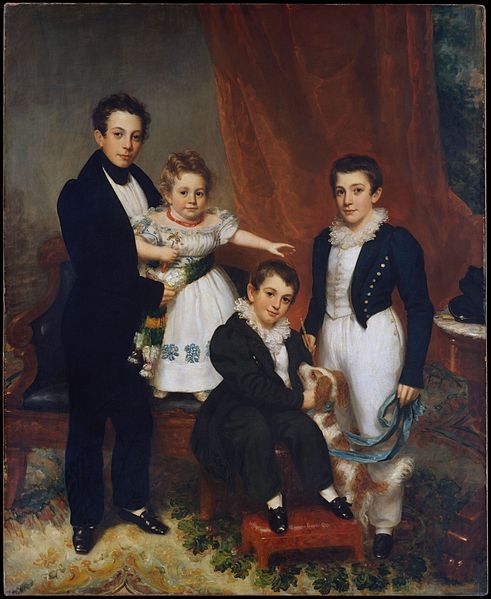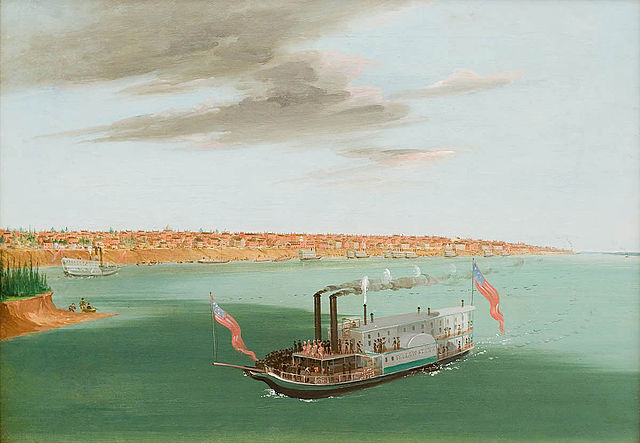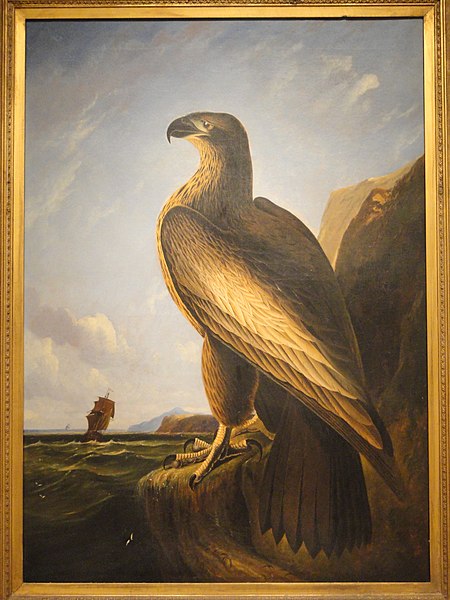
Through the generosity of the late Professor Benedict Anderson and Ajarn Charnvit Kasetsiri, the Thammasat University Library has newly acquired some important books of interest for students of Association of Southeast Asian Nations (ASEAN) studies, political science, literature, and related fields.
They are part of a special bequest of over 2800 books from the personal scholarly library of Professor Benedict Anderson at Cornell University, in addition to the previous donation of books from the library of Professor Anderson at his home in Bangkok. These newly available items will be on the TU Library shelves for the benefit of our students and ajarns. They are shelved in the Charnvit Kasetsiri Room of the Pridi Banomyong Library, Tha Prachan campus.
Among them is a newly acquired book that should be useful to TU students who are interested in literature, cultural politics, history, American studies, European studies, and related subjects.
Alexis de Tocqueville (1805–1859) was a French political thinker and historian, most famous for his work Democracy in America.
A newly acquired edition of Democracy in America is shelved in the Charnvit Kasetsiri Room of the Pridi Banomyong Library, Tha Prachan campus.
The TU Library owns a number of other books by and about Tocqueville.
TU students might note that in his books, Tocqueville analyzed improved living standards and social conditions of individuals as well as their relationship to the market and state in Western societies.
He has been considered a pioneer in sociology and political science.
Democracy in America was written from the point of view of a social scientist, to help French people better understand democracy of the future.
Tocqueville saw democracy as balancing liberty and equality with concern for the individual as well as the community.
Tocqueville supported individual freedoms. He wrote:
I have a passionate love for liberty, law, and respect for rights…I am neither of the revolutionary party nor of the conservative. […] Liberty is my foremost passion… Furthermore, when citizens are all almost equal, it becomes difficult for them to defend their independence against the aggressions of power. As none of them is strong enough to fight alone with advantage, the only guarantee of liberty is for everyone to combine forces. But such a combination is not always in evidence.
He felt that in society, individuals needed to be able to act freely while respecting the rights of others.
He criticized centralized governments for being good at preventing, not doing.
Tocqueville feared that modern democracy might lead to inventing new forms of tyranny, if people as individuals were too greedy and selfish, and cared more for themselves and their families and not at all about society in general:
In such conditions, we might become so enamored with a relaxed love of present enjoyment that we lose interest in the future of our descendants…and meekly allow ourselves to be led in ignorance by a despotic force all the more powerful because it does not resemble one.

Here are some excerpts from Tocqueville’s Democracy in America:
If a [democratic] society displays less brilliance than an aristocracy, there will also be less wretchedness; pleasures will be less outrageous and wellbeing will be shared by all; the sciences will be on a smaller scale but ignorance will be less common; opinions will be less vigorous and habits gentler; you will notice more vices and fewer crimes.
The surface of American society is covered with a layer of democratic paint, but from time to time one can see the old aristocratic colours breaking through.
- Chapter II.
I know of no country, indeed, where the love of money has taken stronger hold on the affections of men, and where the profounder contempt is expressed for the theory of the permanent equality of property.
- Chapter III, Part I.
There is in fact a manly and legitimate passion for equality that spurs all men to wish to be strong and esteemed. This passion tends to elevate the lesser to the rank of the greater. But one also finds in the human heart a depraved taste for equality, which impels the weak to want to bring the strong down to their level, and which reduces men to preferring equality in servitude to inequality in freedom.
- Chapter III, Part I
Furthermore, when citizens are all almost equal, it becomes difficult for them to defend their independence against the aggressions of power.
- Chapter III.
“The will of the nation” is one of those expressions which have been most profusely abused by the wily and the despotic of every age.
- Chapter IV.
With much care and skill power has been broken into fragments in the American township, so that the maximum possible number of people have some concern with public affairs.
- Chapter V.
The New Englander is attached to his township because it is strong and independent; he has an interest in it because he shares in its management; he loves it because he has no reason to complain of his lot; he invests his ambition and his future in it; in the restricted sphere within his scope, he learns to rule society; he gets to know those formalities without which freedom can advance only through revolutions, and becoming imbued with their spirit, develops a taste for order, understands the harmony of powers, and in the end accumulates clear, practical ideas about the nature of his duties and the extent of his rights.
- Chapter V.
Useful undertakings which require sustained attention and vigorous precision in order to succeed often end up by being abandoned, for, in America, as elsewhere, the people move forward by sudden impulses and short-lived efforts.
- Chapter V
In order to enjoy the inestimable benefits that freedom of the press ensures, it is necessary to submit to the inevitable evils it creates
- Chapter XI.
The power of the periodical press is second only to that of the people.
- Chapter XI.
A democratic government is the only one in which those who vote for a tax can escape the obligation to pay it.
- Chapter XIII.
The greatness of America lies not in being more enlightened than any other nation, but rather in her ability to repair her faults.
- Chapter XIII.
The pursuit of wealth generally diverts men of great talents and strong passions from the pursuit of power; and it frequently happens that a man does not undertake to direct the fortunes of the state until he has shown himself incompetent to conduct his own.
- Chapter XIII.
I know of no country in which there is so little independence of mind and real freedom of discussion as in America.
- Chapter XV.
In America the majority raises formidable barriers around the liberty of opinion; within these barriers an author may write what he pleases, but woe to him if he goes beyond them.
- Chapter XV.
Justice is the end of government. It is the end of civil society. It ever has been, and ever will be, pursued until it be obtained, or until liberty be lost in the pursuit.
- Chapter XV.
Laws are always unstable unless they are founded on the manners of a nation; and manners are the only durable and resisting power in a people.
- Chapter XVI.
The Americans never use the word peasant, because they have no idea of the class which that term denotes; the ignorance of more remote ages, the simplicity of rural life, and the rusticity of the villager have not been preserved among them; and they are alike unacquainted with the virtues, the vices, the coarse habits, and the simple graces of an early stage of civilization.
The whole life of an American is passed like a game of chance, a revolutionary crisis, or a battle.
- Chapter XVIII.
(All images courtesy of Wikimedia Commons)

